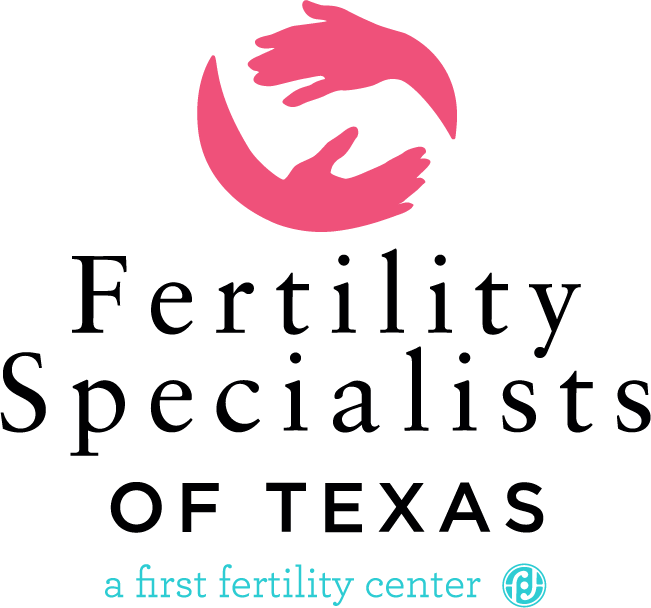Adenomyosis
Many people have heard of endometriosis but are less familiar with adenomyosis. This condition causes the uterine lining to grow into the muscular wall of the uterus (womb). When this occurs, it can cause symptoms ranging from an enlarged uterus to painful, heavy periods. It can also lead to female infertility. Women who are facing this condition can find relief at Fertility Specialists of Texas.
We Can Help Women with the Symptoms of Adenomyosis
Although in some individuals endometriosis may cause no symptoms, it can be associated with difficulty conceiving and pain. The pain may be present as extremely painful menstrual periods. This pain with periods, or dysmenorrhea, often becomes worse as a woman gets older. Pain with intercourse is not uncommon, and there may even be pain that persists throughout the month but is worse during periods.
Not everyone with endometriosis has pain. In fact, there is little correlation between the amount of endometriosis an individual has and the amount of pain she experiences. Sometimes a small implant may cause excruciating pain, while someone with severe disease may be pain-free.
Request AppointmentWhat is Adenomyosis and What Symptoms Can It Cause?
Much like endometriosis, this condition is due to the uterine lining being where it shouldn’t be. With endometriosis, the uterine lining grows outside of the womb. In this condition, the lining grows within the uterine wall. During a woman’s period, this lining thickens, breaks down, and bleeds. However, it has nowhere to go, so it can cause pain and an enlarged uterus.
In some women, adenomyosis does not cause any symptoms. However, other women may notice heavy or prolonged periods, severe or sharp cramping, chronic pelvic pain, or pain during sex. This condition can also make it more difficult to conceive due to the changes in the uterus.
The cause of this issue is unknown, but our Dallas-Fort Worth fertility specialists tell patients that several risk factors can increase a woman’s chance of having it. One common risk factor is having a previous uterine surgery.
Request AppointmentHow do Our Doctors Diagnose and Treat This Condition?
Our Dallas-Fort Worth fertility specialists may diagnose this condition after taking a patient’s medical history and finding a large and tender uterus during a pelvic exam. Ordering a transvaginal ultrasound and reviewing the images of the womb can also help.
Adenomyosis often goes away after menopause. However, patients who need treatment for their symptoms now have several options.
- Anti-inflammatory drugs to manage the bleeding and pain.
- Hormonal birth control in various forms can provide relief.
For women who are trying to conceive, our Dallas-Fort Worth fertility doctors may recommend IVF or the use of a gestational surrogate in some cases
If a patient is struggling with adenomyosis, our team can design a customized treatment plan to help. Contact us to learn more or to schedule an appointment.
Quick Links for
Female Infertility
Which Treatment is Right for You?
Schedule an introductory appointment with us, and our specialists can determine which path will be best to begin your journey to parenthood.
